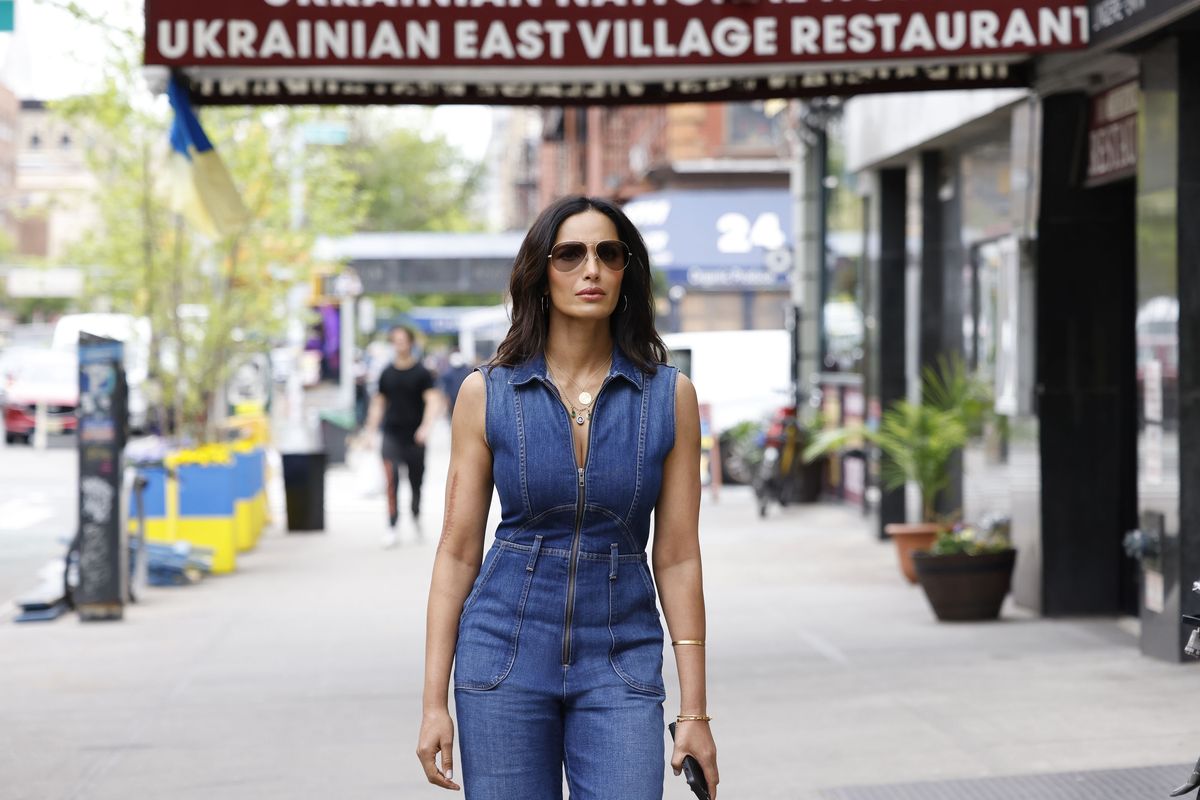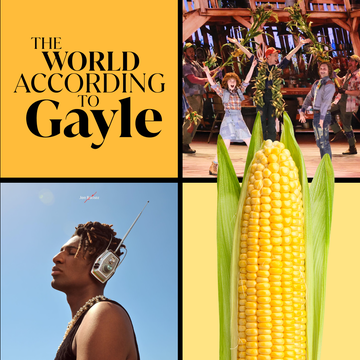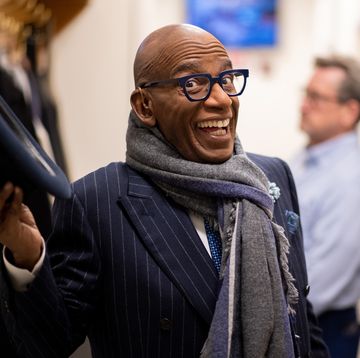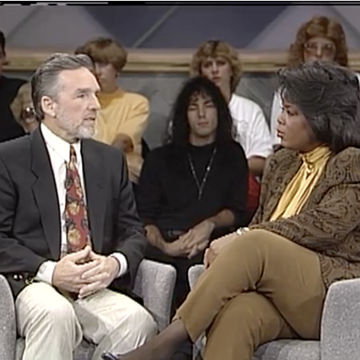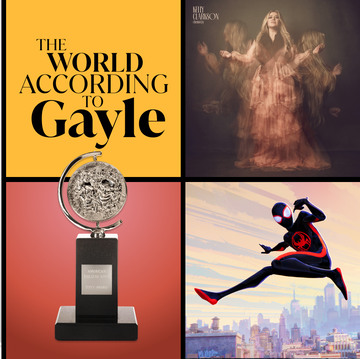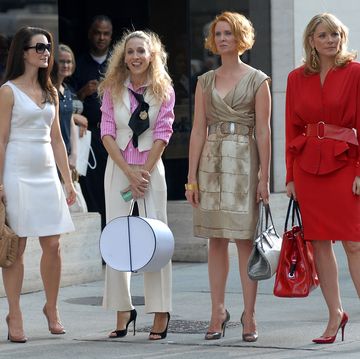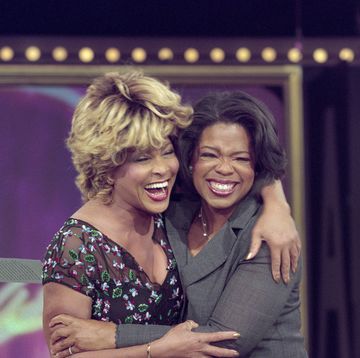Pasteles in Puerto Rico. Italian pizza in New York City. Nigerian fufu in Houston. Authentic Greek gyros in Tarpon Springs, Florida. These are just a few of the mouthwatering foods cookbook author, Top Chef host, and model Padma Lakshmi enjoys with immigrants across America in season 2 of Taste the Nation. She is also an executive producer on the show, which is now streaming on Hulu.
Each time she pulls up a seat—hypothetically or literally—she shows how food helps us understand each other better despite our differences. She also explores the concept of American identity while amplifying issues of critical importance to various communities living within the United States.
“I wanted to show people that immigrants built this country, that they’re interesting, that they’re worthy of attention and love, and that they are what makes this country what it is,” Lakshmi tells Oprah Daily. Below, she shares more about the show and how food can unite.
More From Oprah Daily

You came to the U.S. from India at age 4. How has being an immigrant influenced your love of food?
Being an immigrant is a big part of why I work in food today. I struggled with eating when I first got to this country because I grew up as a vegetarian. And being in America in the ’70s, there wasn’t a lot of vegetarian food. So at first, I would only be able to eat at Mexican restaurants or Chinese restaurants because I always knew they had rice.
When I was young, my mother and I would go to Spanish Harlem to get sugarcane or cilantro or tamarind. Because there wasn’t really that big of an Indian section; it was in Queens, and we lived in Manhattan. And then we would go to Chinatown to buy Asian vegetables because those were the vegetables my mother would use for cooking for her and me. And so by hunting and gathering for spices and ingredients that were in Indian cuisine, we got to experience Puerto Rican food, Dominican food, Chinese food, and Thai food. So it naturally made me much more curious.
What makes Taste the Nation different from other food shows you’ve worked on?
Taste the Nation uses food as a jumping-off point, or as a vehicle, to go into deeper issues that affect our culture: family, economics, political views, art, literature, music. It delves into every aspect of a particular community’s culture. And it seeks to understand that community as deeply and as well as is possible. The food is just what gets us in.
But it’s really a show that’s very political. In fact, the title Taste the Nation is a play on words of the weekend morning political show Face the Nation. I wanted to show people that immigrants built this country, that they’re interesting, that they’re worthy of attention and love, and that they are what makes this country what it is.
You say in season 1 that “the gateway to another culture often happens first through food.” As you head into season 2, how are you further adding to that message?
We do it by example. We do it by showing how easy it is to learn about another culture through their food. If you can break bread with someone, then you already have common ground. And it also becomes a metaphor for understanding so much else. For instance, in the Puerto Rican episode, you know, we pose this question at the beginning: “Ketchup or no ketchup?”
There’s a wonderful Puerto Rican dish called pasteles. They’re like tamales, but made with root vegetables rather than corn, or masa. And some people swear that you can only eat pasteles with ketchup. Other people wouldn’t be caught dead putting ketchup on their pasteles.
And it becomes a metaphor for what that particular community and island is going through. Because Puerto Ricans are not immigrants. They are American because Puerto Rico is a territory of America. So in a way, they have been colonized by American culture. They are the last American colony. We don’t think of them that way, but they are. They’ve also had to pay the price for what that entails. It’s more expensive to buy fresh fruit and vegetables in Puerto Rico than it is in most of the U.S. mainland. And they’re suffering from being a territory. We talk about a lot of those very serious, deep issues that affect everyone on that island.
What do you hope viewers take away from season 2 of this show?
I hope they take away a curiosity about other cultures that they live among. So if you have a neighbor from a different background than you, that you’ll go up to them and say, “Hi. How are you? Would you like to come for tea?” and get to know your fellow Americans, who may seem different from you but probably have a lot in common with you as well.
This interview has been edited and condensed for clarity.
Jane Burnett is an Assistant Editor at Oprah Daily, where she writes a variety of lifestyle content for the editorial team. She's a journalist with a pop culture sweet tooth—when she isn't catching up on celebrity news, she's usually listening to a podcast! Jane was previously an on-air reporter in local news, and worked at Thrive Global, Ladders News, and Reuters. She also interned at CNBC through the Emma Bowen Foundation, and is a member of the National Association of Black Journalists (NABJ).
